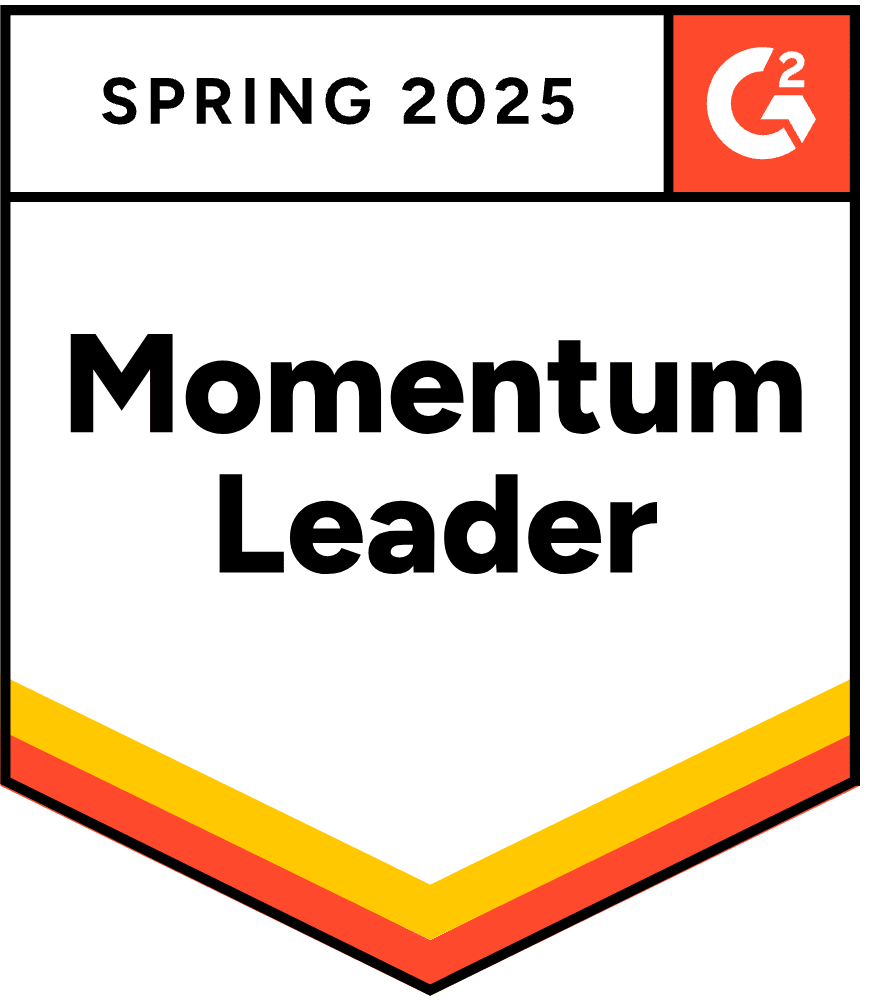The demographic landscape of patient populations in the US is changing rapidly. This growing diversity presents unique challenges in healthcare settings, where clear communication is not just a convenience—it’s a necessity. Healthcare professionals are increasingly encountering situations where patients speak different languages, which can create significant barriers to effective care delivery.
The ability to communicate effectively with patients is foundational to good healthcare. Misunderstandings due to language barriers can lead to misdiagnosis, inappropriate treatments, and decreased patient satisfaction. However, when medical providers can converse with patients in their own language—even at a basic level—it significantly enhances the entire experience. Language proficiency fosters deeper trust and understanding, enabling providers to gather accurate patient histories, explain diagnoses clearly, and ensure that treatment plans are understood and followed accordingly.
Here, we explore why corporate language learning is becoming an essential skill for healthcare professionals and delve into how it improves patient care and broadens medical providers’ communicative reach, leading to more compassionate, effective, and efficient patient care.
Discover how our solutions cater to different industries!
Visit our Industry page to learn how we can meet your specific needs.
The Importance of Language Learning in Healthcare
The United States is a melting pot of cultures and languages, a diversity that is increasingly reflected in its healthcare settings. Recent data from the US Census Bureau suggest that over 16 million people in the U.S. speak English “less than very well,” representing a significant portion of the patient population that could face language barriers during medical consultations. The rising number of non-English speaking patients underscores the urgent need for healthcare professionals to adapt and overcome communication challenges to provide effective care.
While interpreters and translation technology are invaluable resources in bridging the language divide, relying solely on these tools comes with limitations. Interpreters may not always be readily available, especially in rural and under-resourced areas. Even when they are available, the use of interpreters can sometimes lead to extended consultation times, potential breaches of confidentiality, and a lack of spontaneous communication, which can inhibit the building of trust between patient and provider.
Translation technology, although improving rapidly, still cannot fully replace the nuances of human interaction. These tools often struggle with medical terminology and can misinterpret cultural nuances, leading to misunderstandings. The impersonal nature of technology can make patients feel less comfortable, which is particularly problematic in sensitive or complex cases where patient comfort is paramount.
The limitations of these aids highlight the critical importance of language learning for medical professionals. By acquiring language skills, even at a basic conversational level, healthcare providers can greatly enhance their effectiveness. Direct communication in a patient’s native language not only improves the accuracy of medical histories and treatment plans but also increases patient engagement and satisfaction. It fosters a deeper connection, conveying empathy and respect, which are essential for effective healthcare delivery.
The Benefits of Language Learning for Healthcare Professionals
Effective communication is not just about exchanging information; it’s about building relationships, understanding needs, and fostering trust. For healthcare professionals, the ability to communicate in the same language as their patients is more than a skill—it’s a bridge to better care and stronger connections. Below, we highlight the many benefits that language learning brings to medical providers.
1. Improves Patient-Provider Relationships
When a doctor, nurse, or therapist can speak and understand a patient’s language, it naturally eases their anxiety and makes them feel more at home in what can often be a stressful environment. This comfort is crucial in healthcare settings where understanding and emotional support play critical roles in patient care.
Building trust through language proficiency goes beyond simple communication. It involves an understanding of cultural nuances and expressions which are often tied deeply to language. Patients are more likely to discuss their symptoms and concerns openly and honestly when they are not hindered by a language barrier. This openness fosters a more accurate and comprehensive understanding of the patient’s condition, which is essential for effective diagnosis and treatment.
Moreover, speaking a patient’s language helps in conveying empathy—a key element in patient care. Empathy shown through language can reassure patients that they are being heard and their concerns are being taken seriously, further strengthening the trust and bond between patient and provider. This trust is particularly important in medical settings, as a strong patient-provider relationship encourages better adherence to treatment plans and follow-up care, ultimately leading to better health outcomes.
Curious about Babbel for Business?
Book a demo now and let us show you how our platform can transform your business.
2. Enhances Quality of Care
Language proficiency among healthcare professionals does more than just improve communication—it significantly enhances the quality of care that patients receive. By breaking down language barriers, healthcare providers can conduct more effective patient interviews, leading to more accurate health assessments and improved treatment outcomes.
When healthcare providers speak the patient’s language, they can ask precise questions and understand the subtleties of the patient’s responses. This direct communication allows for a more thorough collection of symptoms, medical history, and other relevant health information. Language skills enable providers to pick up on important cues that might be missed or misinterpreted when using an interpreter or translation technology. As a result, the initial assessment is more complete and nuanced, providing a solid foundation for accurate diagnosis and effective treatment planning.
Language is also deeply intertwined with culture, and many health-related beliefs and practices are culturally rooted. When healthcare providers have knowledge of the language that their patients speak, they gain insights into these cultural nuances as well. This understanding can be crucial for diagnostic accuracy. For example, certain symptoms or health complaints may be described differently across cultures, or there may be cultural reasons why a patient is experiencing stress or anxiety, which can affect their overall health.
Understanding cultural nuances helps in tailoring treatment plans that are more likely to be followed by the patient and ensures that recommendations do not inadvertently conflict with cultural practices. For instance, dietary recommendations can be adjusted to fit the patient’s cultural cuisine. This leads to more personalized care, higher patient satisfaction, and ultimately, better health outcomes.

3. Reduces Miscommunication and Medical Errors
Miscommunication in healthcare settings can have serious consequences, and language barriers significantly heighten this risk. Studies have shown that patients with limited proficiency in the primary language spoken by healthcare providers are more likely to experience adverse medical events, less likely to follow medical advice and medication, as well as less likely to show up at follow-up appointments.
Equipping medical professionals with basic language skills pertinent to their patient demographics can dramatically reduce these risks. Even elementary proficiency can help clarify critical patient instructions regarding medication, treatment procedures, and follow-up care plans. For example, being able to explain medication timing and side effects in a patient’s native language can prevent the common error of misdosage. Similarly, clear instructions for post-surgery care in the patient’s language can ensure compliance with necessary steps to avoid infection or complications.
Healthcare providers can use simple language checks, such as asking patients to repeat instructions back to them in their own words, to ensure comprehension. This practice not only helps in cementing patient understanding but also builds their confidence in managing their health, reducing the likelihood of errors once they leave the facility.
4. Increases Patient Satisfaction and Compliance
Research consistently shows that patients are more satisfied when they can communicate effectively with their healthcare providers. When physicians and patients speak the same language, there are fewer medical errors, increased understanding of the illness and treatment plan, adherence to the treatment plan, and satisfaction with care.
Language proficiency among healthcare workers directly influences patient compliance with treatment plans. When instructions are given in a patient’s native language, they are more likely to be understood and followed correctly. For instance, clear communication about the importance of taking medication at specific times can prevent non-adherence due to confusion or misunderstanding. Additionally, when patients fully understand the potential consequences of not following treatment protocols, they are more likely to comply with their healthcare provider’s recommendations.
Effective communication helps in setting realistic expectations about treatment outcomes and what is required from patients for optimal results. This understanding is crucial for long-term treatments and conditions that require active patient participation, such as diabetes management or rehabilitation exercises. When patients feel informed and involved in their care decisions, they are more engaged and proactive in managing their health.
5. Professional Development and Career Advancement
For healthcare professionals, the ability to speak multiple languages is also a career asset. Multilingualism opens up a myriad of opportunities within the sector, enhancing professional development and paving the way for career advancement.
Medical professionals who are proficient in more than one language have access to a broader range of job opportunities. Hospitals and clinics in diverse communities particularly value multilingual staff because they are better equipped to serve a wider patient base. This capability can make healthcare providers more attractive to potential employers who are looking to improve patient care services for non-English speaking populations. Additionally, multilingual professionals are often sought after for roles in global health initiatives, medical research involving diverse populations, and public health outreach programs, where communication with varied demographic groups is crucial.
Language skills can also facilitate progression into leadership roles within healthcare systems. Leaders who can communicate across languages and cultures are invaluable in settings where strategic decisions impact diverse groups. Such skills are essential for managing multicultural teams, negotiating with international partners, and leading community engagement efforts. Being able to directly communicate with a diverse workforce and patient population can enhance a leader’s effectiveness and credibility.
The Takeaway
From enhancing patient-provider relationships and improving the quality of care, to reducing miscommunications and medical errors, language proficiency is an invaluable asset in the healthcare sector. It not only facilitates better communication with a diverse patient population but also enriches the cultural competence of medical providers.
As our communities become multilingual, the need for language skills in healthcare settings becomes more pressing. Healthcare professionals who can communicate in another language besides English will stand out in their field, offering more empathetic, effective, and efficient care. Healthcare institutions that support and promote language learning will not only improve patient outcomes but also enhance their operational effectiveness and staff satisfaction.
Interested in taking the next step in your team’s language learning journey? Babbel for Business has a range of solutions that fit the myriad needs of healthcare professionals. Visit our website and schedule a demo to learn more about our offerings.

Ready to see our solutions in action?
Schedule your personalized demo today and discover how we can elevate your team’s learning experience!






